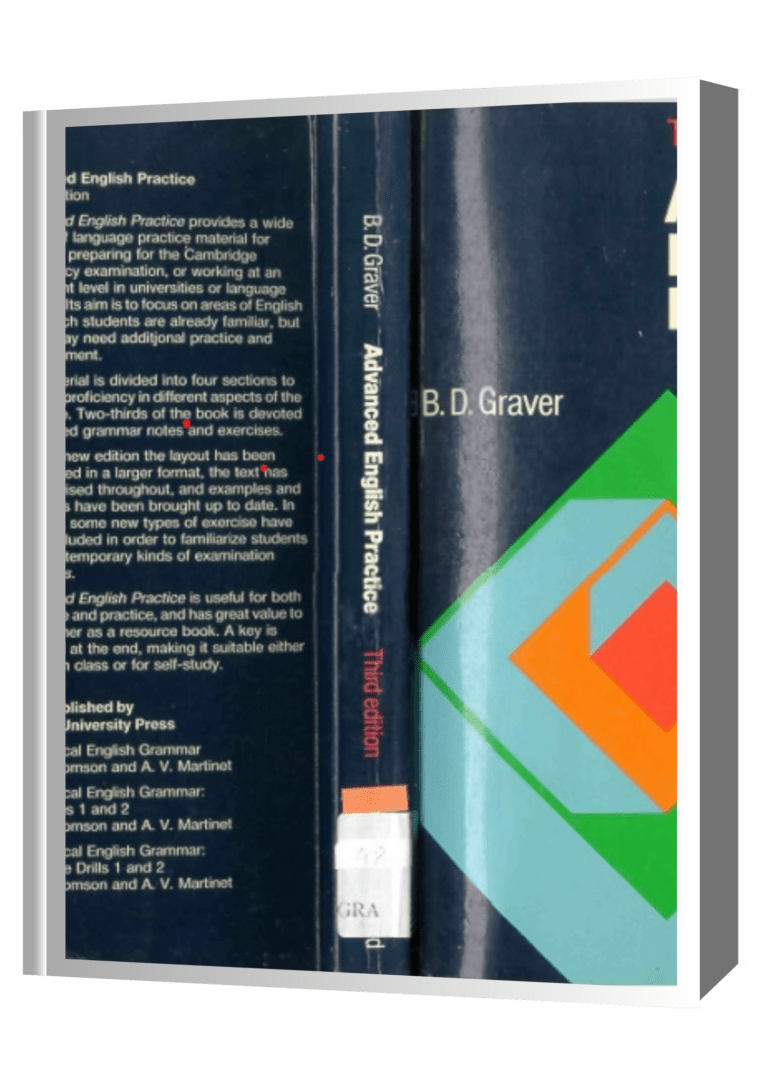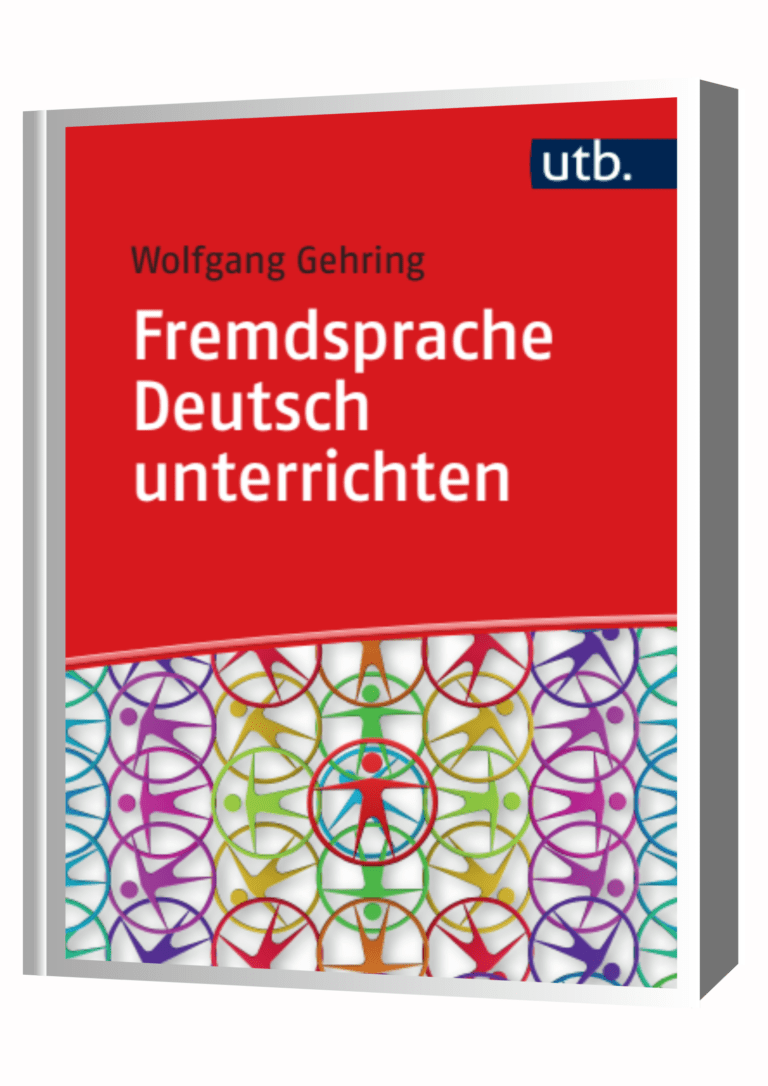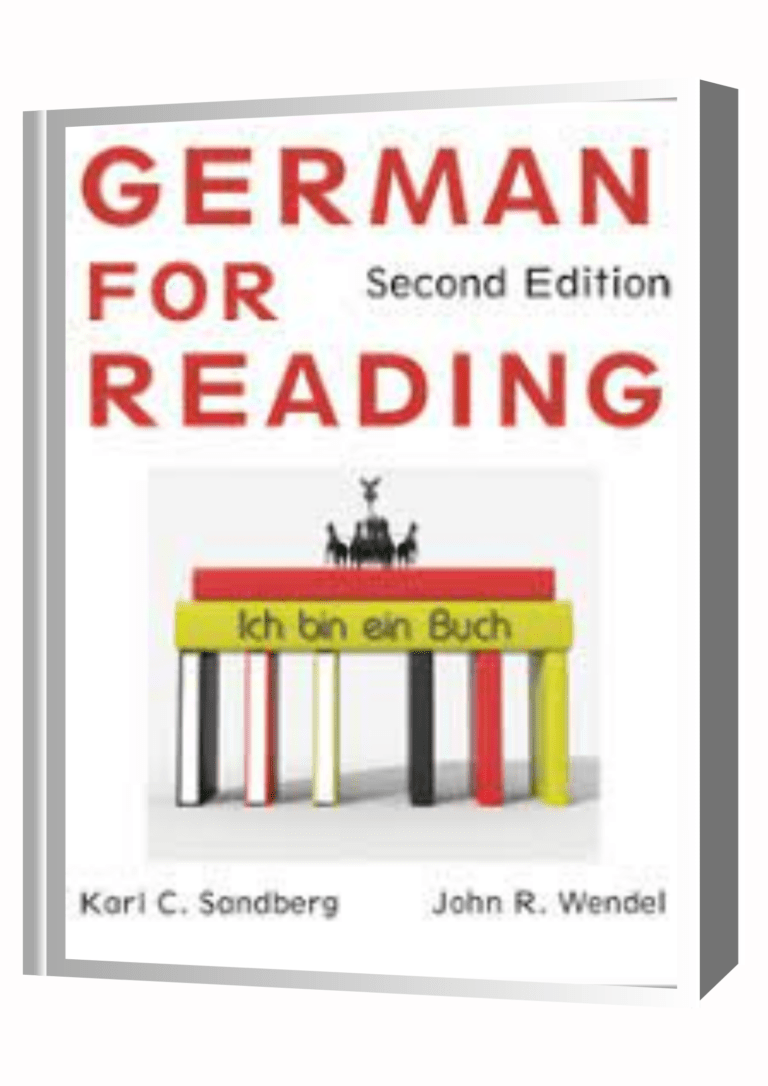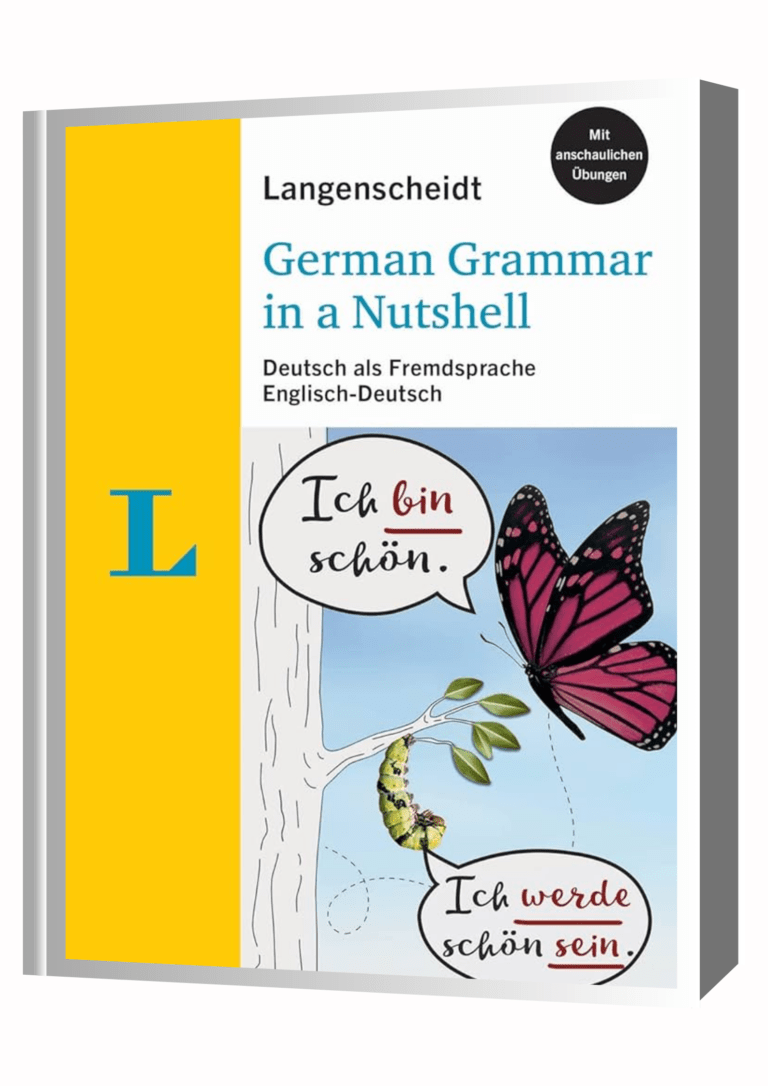A Comprehensive Guide to Exam Preparation with German Books
Introduction
Studying for an exam might be difficult, particularly if you’re learning a foreign language like German. But learning German for tests can be doable and even fun if you have the correct tools and techniques. We’ll look at how German books may be really helpful tools for exam preparation in this article.
Select the Appropriate German Book:
Choosing the appropriate book is the first step in using German books to prepare for a test. Take into account elements like your learning style, exam prerequisites, and skill level. Choose textbooks made especially for test preparation; these will usually have practice problems, vocabulary lists, and explanations of grammar that are adapted to test formats.
Establish Specific Objectives:
Prior to starting any German book, decide exactly what you want to accomplish.Decide which exam components, such speaking competency, writing abilities, listening comprehension, and reading comprehension, you need to concentrate on. To stay organized, break down your goals into doable activities and make a study timetable.
Utilize Practice Exercises: German books for exam preparation typically include a variety of practice exercises to reinforce your learning. Make use of these exercises regularly to improve your language skills and familiarize yourself with the exam format. Practice reading passages, answering comprehension questions, writing essays, and engaging in dialogue exercises to hone your abilities.
Increase Your Vocabulary: Passing language tests requires a strong vocabulary. Vocabulary lists in German literature are frequently organized according to themes or subjects related to the material on the test. Set aside time to study new words, commit them to memory, and then practice utilizing them in dialogue and sentences. Apps for vocabulary, games, and flashcards can all help you remember words better.
Concentrate on Grammar and Syntax: Passing language tests requires a solid understanding of German grammar and syntax. Comprehensive explanations of grammatical rules, verb conjugations, sentence structure, and word order can be found in German texts. Regularly review these ideas, finish the grammatical exercises, and ask questions about anything that’s unclear.
Practice with Real Materials: Besides the exercises in the textbook, get familiar with real materials like movies, podcasts, magazines, and newspapers. These tools help you develop your language proficiency, cultural awareness, and comprehension abilities while offering real-world context. To enhance your exam preparation, include real materials in your study regimen.
Seek Advice and Feedback: Instructors, tutors, or language exchange partners are excellent resources for advice and direction. Don’t be afraid to ask for it. They can offer insightful commentary, point out your errors, and suggest ways to do better. Take part in speaking drills, mock tests, and peer assessments to gauge your progress and pinpoint areas that need improvement.
Remain Motivated and Consistent: Motivation and consistency are essential for successful exam preparation. Establish and adhere to a study regimen that works with your schedule.and maintain your optimistic attitude as you study. Recall that persistent work and commitment result in fruitful outcomes.
In conclusion
German books are effective study aids because they include organized content, practice questions, vocabulary assistance, and grammar advice. You can improve your German language abilities and do well on tests by picking the correct book, making clear goals, using practice problems, building vocabulary, paying attention to grammar, using real materials, getting feedback, and being consistent. Accept the challenge of learning German and delight in the process of becoming fluent in a foreign language. Viel Erfolg (Happy Success)!




